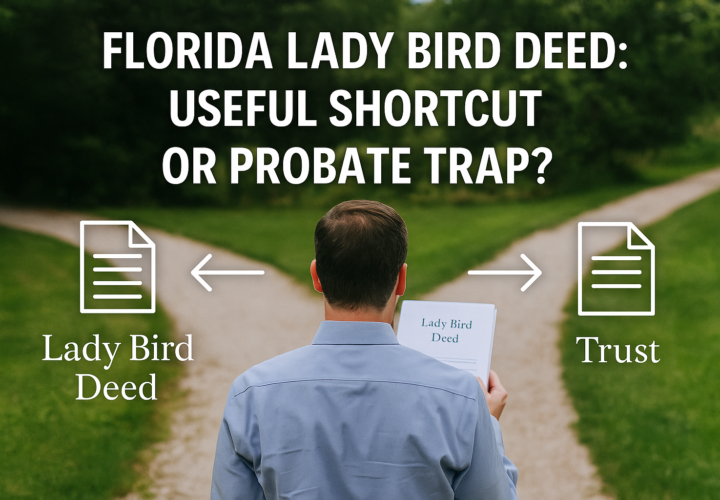Blended families, which involve remarriage and the combining of two families, have become increasingly common in Florida and the rest of the United States. While blending families can bring joy and new opportunities, it can also complicate estate planning. Without careful planning, blended families may face challenges when it comes to distributing assets and ensuring that all loved ones are taken care of after their passing.
In this article, we will discuss the key steps to take in Florida estate planning for blended families. We will cover everything from defining your assets to selecting beneficiaries and choosing the right type of trusts. By following these steps, you can protect your assets and loved ones while avoiding common pitfalls in estate planning.
Understanding Your Assets and Debts
When it comes to estate planning for blended families in Florida, the first step is to take stock of your assets and debts. This includes everything from real estate and investment accounts to personal possessions and debts. By creating an inventory of your assets and debts, you can better understand what needs to be protected and who should receive your assets.
Determining Your Beneficiaries
After defining your assets and debts, the next step is to determine your beneficiaries. This is especially important for blended families, as you may need to decide how to divide your assets among children from different marriages or relationships. It’s also essential to review beneficiary designations for retirement accounts, life insurance policies, and other assets to ensure they are up-to-date and align with your overall estate plan.
Establishing a Trust
One of the best ways to protect your assets and loved ones in blended families is by establishing a trust. A trust allows you to control how your assets are distributed and can provide tax benefits to your beneficiaries. There are many types of trusts to choose from, including revocable living trusts, irrevocable trusts, and special needs trusts. Working with an experienced estate planning attorney can help you select the right type of trust for your unique situation.
Addressing Unique Family Dynamics
Blended families often have unique family dynamics, such as stepchildren or former spouses. It’s important to address these dynamics in your estate plan to ensure that everyone is treated fairly and that your wishes are carried out. This may involve setting up separate trusts for each spouse’s children or naming guardians for minor children. It can be very dangerous to rely on Florida Law as they aren’t really designed to take into account blended families. Step-children will not be automatically included in a step-parent’s estate causing drastically different results depending on order of death.
Updating Your Estate Plan Regularly
Finally, it’s important to update your estate plan regularly. Life changes, such as marriage, divorce, birth, and death, can all impact your estate plan and should be reflected in your documents. By reviewing and updating your estate plan regularly, you can ensure that your assets and loved ones are protected according to your wishes.



